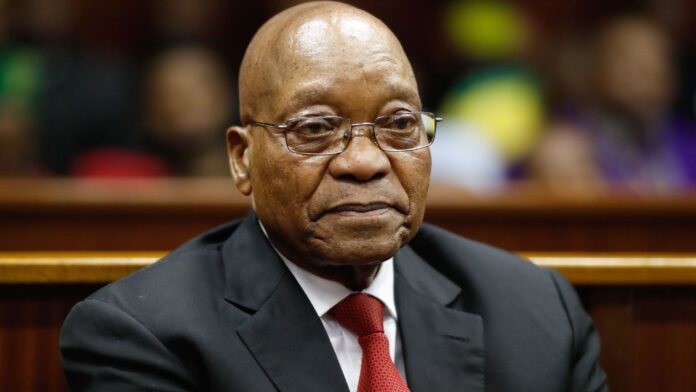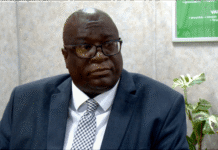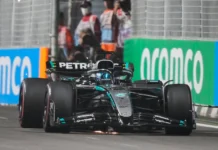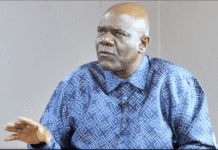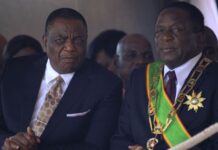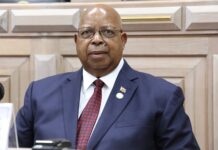CAPE TOWN, South Africa – Former South African president Jacob Zuma has claimed he is an innocent victim in the ongoing legal battle over $1.5 million in taxpayer-funded legal fees, arguing that the Presidency and the State Attorney should bear responsibility for what his lawyers described as “unconstitutional payments.”
Appearing before the High Court in Pretoria on Thursday, Zuma’s counsel, Advocate Thabani Masuku according to the Independent Online, argued that the former president should not be forced to repay the money, insisting he had no legal duty to reimburse the state.
The case stems from a 2024 Supreme Court of Appeal (SCA) ruling that found Zuma was not entitled to state-funded legal support and ordered the funds be recovered. The Presidency and the State Attorney are now seeking to reclaim more than $1.5 million spent on Zuma’s long-running legal battles, particularly those tied to the controversial 1999 arms deal corruption case.
Masuku told the court it was “strange and unjust” for the Presidency and the State Attorney — who previously defended the payments — to now demand repayment from Zuma.
“When the DA and EFF challenged the state’s decision to fund Mr Zuma’s legal fees, the Presidency could have reviewed its own actions,” Masuku said. “Instead, it defended them. Mr Zuma took refuge in that position. Now they turn around and say he must pay. What law are you vindicating?”
Masuku maintained that Zuma did not act unlawfully in requesting assistance for his legal defence and that any wrongdoing lay with the state’s management of the payments.
“He asked for the money, but it was the system’s duty to act constitutionally,” he said. “If he had known the payments were unauthorised, that would have been a different case. The only culprits now speaking loudly about the rule of law are the very perpetrators of this unconstitutional conduct.”
Describing the Presidency’s actions as “mean and vicious,” Masuku said it was unfair for the state to pursue Zuma for repayment when it had itself authorised the payments.
“It cannot be just and equitable for the same state that made the payments to now demand repayment,” he argued. “If they had paid attention to their duty to guard the public purse, Mr Zuma would not find himself in this position.”
Masuku further argued that the SCA ruling did not explicitly require the Presidency or the State Attorney to recover the funds from Zuma personally. Instead, he said accountability should rest with the officials who approved the payments or with the Presidency itself.
“The state is the perpetrator of this unconstitutional conduct,” he said. “If the Public Finance Management Act (PFMA) were properly applied, recovery should be sought from the officials who authorised the payments — not Mr Zuma.”
He added that Zuma was “simply an innocent recipient of the funds,” and that no evidence suggested he was complicit in the decision to have his legal costs covered by the state.
The Presidency and the State Attorney are, however, pressing ahead with efforts to recover the $1.5 million, plus interest, in accordance with the SCA ruling. The state has signalled it may enforce the debt through measures such as garnishing Zuma’s pension if necessary.
The payments were used to fund Zuma’s lengthy legal defence in the arms procurement corruption case, a politically charged saga that has stretched over two decades and involved multiple court challenges.
Zuma’s legal team argues that repayment is not financially feasible, while government lawyers insist that allowing him to evade repayment would undermine accountability and the rule of law.
The case continues before the High Court in Pretoria, with a ruling expected to have far-reaching implications for executive accountability and the use of taxpayer funds for public officials’ legal defences.


